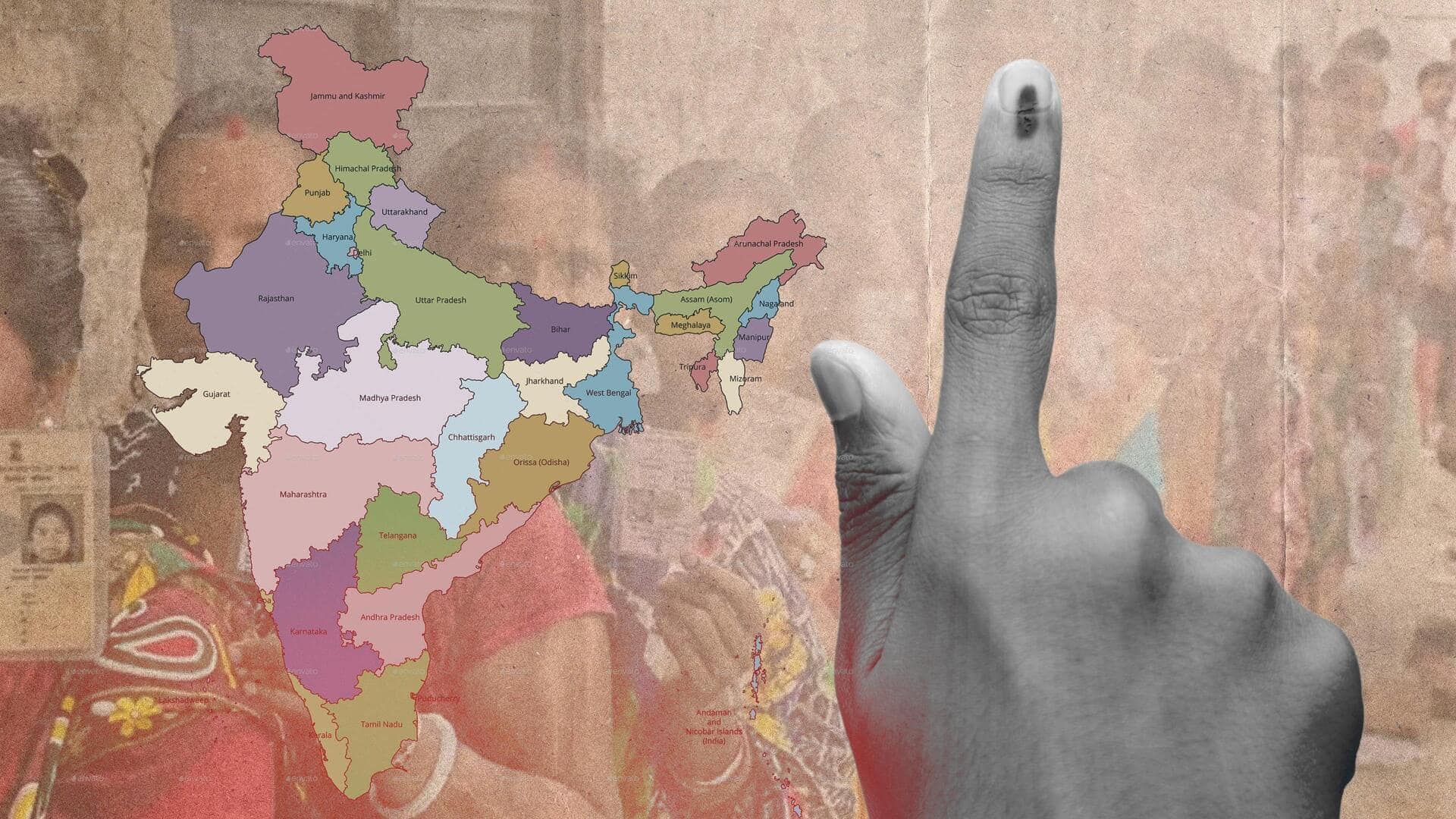
Union Cabinet clears 'One Nation, One Election'
What's the story
The Union Cabinet has approved the "One Nation, One Election," days after reports suggested that the National Democratic Alliance (NDA) may table the bill within Modi 3.0. The Bill is likely to be introduced in Parliament Winter session. In his Independence Day address, PM Narendra Modi had urged political parties to support this initiative, emphasizing that frequent elections were slowing down the country's development.
Panel
Ram Nath Kovind panel proposed simultaneous elections in March
In March, a high-level committee chaired by former President Ram Nath Kovind advocated holding simultaneous elections for the Lok Sabha and state assemblies as a first step. The commission also proposed that local body elections take place within 100 days, providing a coordinated election cycle across the country. The panel, however, did not establish a timetable for implementing simultaneous polls.
Twitter Post
Union Minister Ashwini Vaishnaw makes announcement
#WATCH | Union Cabinet has accepted the recommendations by the high-level committee on 'One Nation, One Election', announces Union Minister Ashwini Vaishnaw.
— ANI (@ANI) September 18, 2024
(Video source: PIB/ YouTube) pic.twitter.com/NnE99wNDer
Recommendations
Currently, state, Lok Sabha elections are conducted separately
According to the panel, simultaneous polls will help save resources, promote growth and social solidarity, reinforce "foundations of democratic rubric" and help realize the aspirations of "India, that is Bharat." Currently, elections for state assemblies and the Lok Sabha are held separately. They occur either after the five-year term of the current government ends or if the government is dissolved for different reasons.
Opposition
15 parties opposed concept
As many as 47 political parties had provided feedback on the concept. Of these, 32 agreed while 15 indicated disagreement with it, the Kovind panel stated. Among the national parties, the Congress, the Aam Aadmi Party (AAP), the Bahujan Samaj Party (BSP), and the Communist Party of India (Marxist) opposed the proposal, while the Bharatiya Janata Party (BJP) and National People's Party supported it.